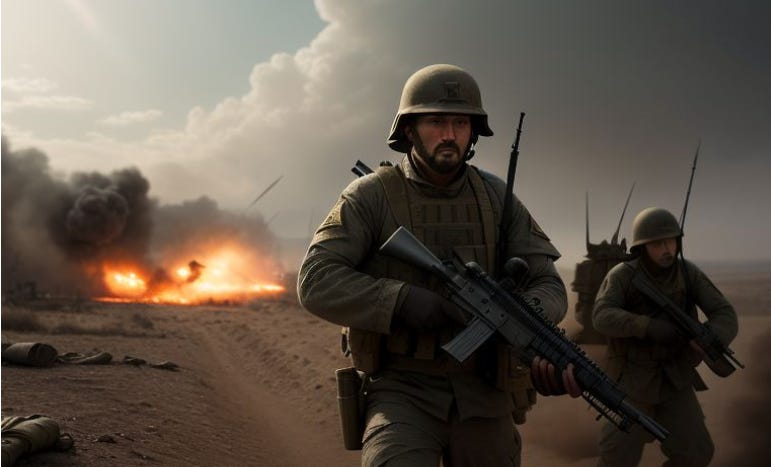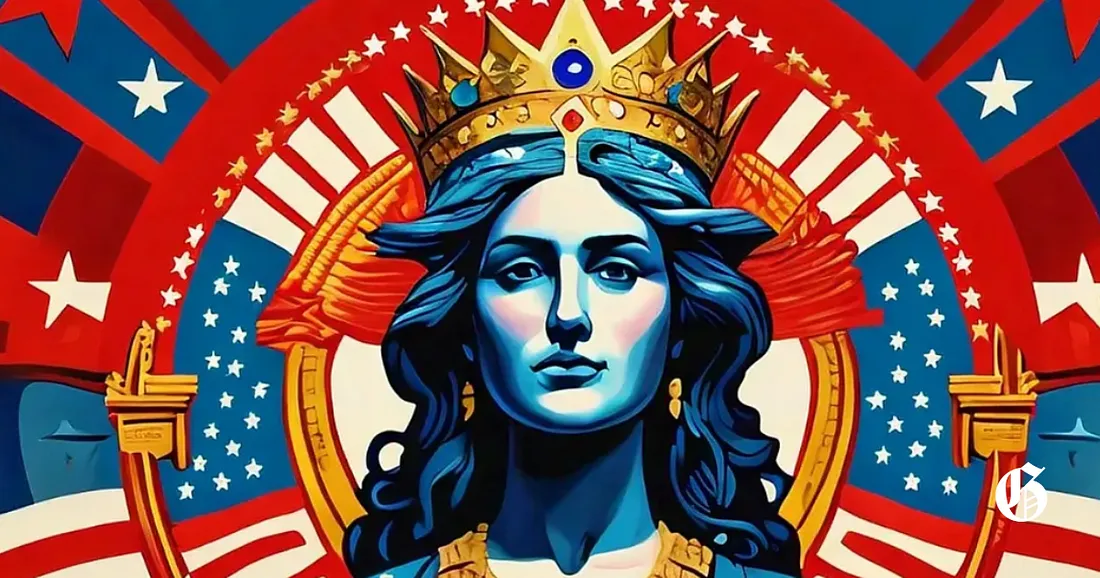‘Iranian Court Sentences Pop Star To Death’
An Iranian court has sentenced Amir Hossein Maghsoudloo, popularly known as Tataloo, to death following a conviction for blasphemy. This decision, reported by local media, comes after the Supreme Court accepted a prosecutor’s objection to a previous five-year prison sentence for charges that included blasphemy and insulting religious values.
Tataloo, a 37-year-old underground musician renowned for blending rap, pop, and R&B, has been a controversial figure in Iran. His flamboyant style, including extensive tattoos, starkly contrasts with the conservative norms of the Islamic Republic. The singer, who had been living in Istanbul since 2018, was extradited to Iran in December 2023 after being detained by Turkish authorities. Since then, he has remained in custody.
The latest charges include insulting Prophet Muhammad, promoting so-called “prostitution,” and spreading propaganda against the Islamic Republic. Reports indicate that this sentence is not final and may be subject to appeal.
Tataloo’s career has been as turbulent as it has been groundbreaking. Known for his unconventional approach to music, he has previously been courted by conservative politicians in an effort to connect with younger, liberal Iranians. In 2017, he participated in a televised meeting with then-President Ebrahim Raisi, an interaction that underscored his complex relationship with Iranian authorities. However, his support of Iran’s nuclear program through a controversial song in 2015 and his subsequent public stances have put him at odds with the regime.
The case has drawn significant attention internationally and domestically, highlighting the challenges faced by artists in Iran who push boundaries of expression. Tataloo’s sentencing further underscores broader concerns about freedom of speech, religious authority, and the role of art in society.
The conviction comes at a time when Iran is grappling with global scrutiny over its human rights record. Amnesty International and other advocacy groups have often condemned similar sentences, urging Iranian authorities to ensure fair trials and respect international human rights standards.
This development raises critical questions about the intersection of cultural expression and legal boundaries in Iran, highlighting the risks faced by those who challenge the status quo in a highly restrictive environment.




















